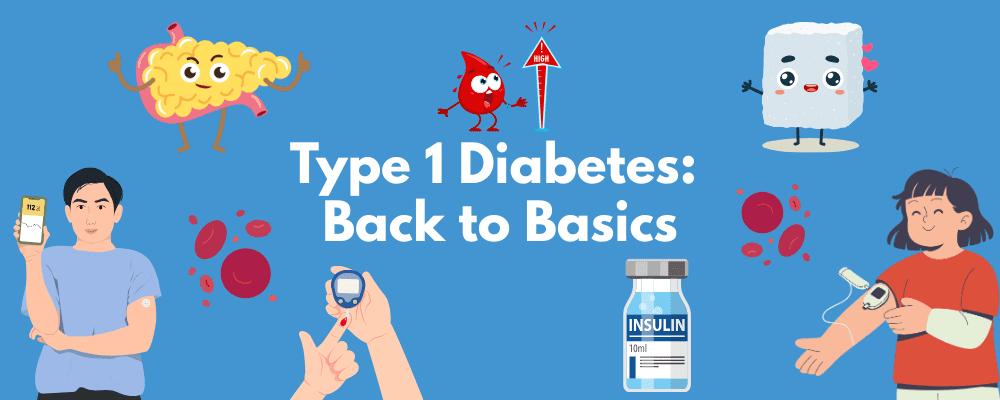A major challenge in treating type 1 diabetes is figuring out how to overcome the destruction of insulin-producing beta cells. The body mistakenly targets and destroys these cells leaving the body unable to manage blood sugar levels on its own. Individuals with this disease must be vigilant about checking their blood sugar and administering insulin as needed, which can be an exhausting task.
Current treatment options include injection of insulin, use of continuous glucose monitors and insulin pumps, stem cell therapies and implants, partial transplants, and other strategies. These treatments vary in effectiveness from person to person as well as how long they last. In addition, some require patients to continue taking anti-rejection drugs which can be hard on the body.
However, a new treatment may offer longer lasting, more effective results in the battle against type 1 diabetes. A recent study found that by using gene therapy targeting two specific genes, insulin-producing cells may be able to be recreated in the body using existing alpha cells. A healthy pancreas contains both alpha and beta cells. In those with type 1 diabetes, insulin-producing beta cells are destroyed. But when mice were injected with gene therapy to reprogram some alpha cells to take over the function of these beta cells, they were once again able to produce insulin and manage blood sugar.
The genetic changes were administered using a bioengineered virus. The virus had been altered so that it would not make the recipient ill, but could still penetrate cells to modify their DNA. The alpha cells then assumed insulin-producing functions without triggering the immune system to attack because the cells are already normally present in the body. Furthermore, researchers found that by delivering the gene therapy endoscopically into the pancreas, it stayed there and did not negatively impact other areas of the body.
While the treatment only lasted approximately four months in mice, scientists believe that it could be effective for several years in humans before retreatment would be necessary. The researchers are seeking FDA approval to begin clinical trials on humans using this gene therapy to evaluate its effectiveness and safety in treating type 1 and type 2 diabetes. There are approximately 30.3 million people in the United States and 422 million people worldwide affected by diabetes.
The Diabetes Research Connection (DRC) is excited to see how gene therapy may advance treatment options for type 1 diabetes and improve quality of life for millions of people. The DRC supports novel research studies for type 1 diabetes and provides essential funding early career scientists to carry out these studies. To learn more about current projects and donate to this research, visit Our Projects.




